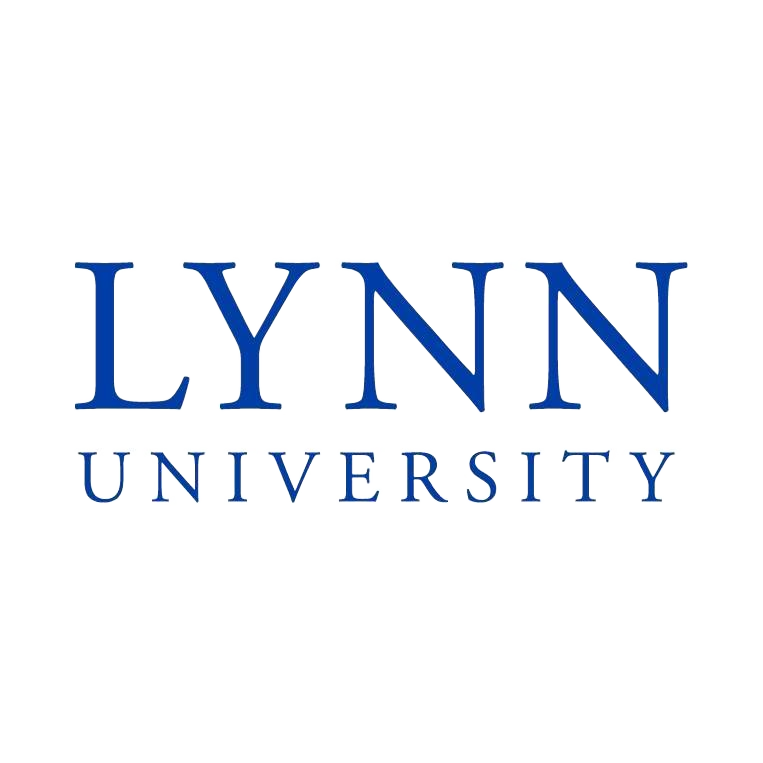
Financial aid (may be available)

Financial aid (may be available)

No cost info

No cost info

Financial aid (may be available)

Financial aid (may be available)

Financial aid (may be available)

Financial aid (may be available)

No cost info

Financial aid (may be available)

Financial aid (may be available)

No cost info

Financial aid (may be available)
$3,286 total

$3,220 total
No cost info
No cost info
No cost info

Financial aid (may be available)
$649 total
No cost info
No cost info

$4,995 total
Are you interested in pursuing a career in Human Resource Administration? If you live in Scranton or the surrounding area, you're in luck! There are several options for Human Resource Administration classes near you. In this blog post, we will explore what Human Resource Administration is, the training requirements, what to look for in a class, and what to expect from the day-to-day class. We will also discuss the certification process, how to find related jobs, and other classes you can take after becoming a Human Resource Administrator.

Human Resource Administration is a field that focuses on managing the employees within an organization. This includes tasks such as recruiting, hiring, training, and retaining employees. Human Resource Administrators are responsible for ensuring that the organization has a skilled and motivated workforce. They also handle employee relations, benefits administration, and compliance with employment laws.
To become a Human Resource Administrator, you will need to have a high school diploma or equivalent. Some employers may prefer candidates with a bachelor's degree in human resources or a related field. However, it is possible to enter the field with just a high school diploma and relevant work experience.
When searching for Human Resource Administration classes near you, there are a few key factors to consider:
Accreditation: Look for classes that are accredited by a recognized accrediting body. This ensures that the program meets certain standards of quality and will be recognized by employers.
Curriculum: Review the curriculum of the class to ensure that it covers all the essential topics in Human Resource Administration. This may include courses on recruitment and selection, employee training and development, compensation and benefits, and employment law.
Instructors: Research the qualifications and experience of the instructors who will be teaching the class. Look for instructors who have real-world experience in the field of Human Resource Administration.
Flexibility: Consider whether the class offers flexible scheduling options, such as evening or weekend classes. This can be especially important if you are working or have other commitments.
Resources and Support: Find out what resources and support services are available to students. This may include access to career services, tutoring, and networking opportunities.
Human Resource Administration classes typically cover a range of topics and may include a mix of lectures, discussions, group projects, and case studies. Here are some examples of what you can expect from the day-to-day class:
Lectures: Instructors will provide lectures on various topics related to Human Resource Administration. These lectures may include information on recruitment and selection, employee training and development, compensation and benefits, and employment law.
Discussions: Class discussions provide an opportunity for students to share their perspectives and learn from each other. These discussions may involve analyzing case studies, discussing current issues in the field, and exploring different approaches to human resource management.
Group Projects: Many classes will include group projects where students work together to solve real-world HR challenges. These projects help develop teamwork and problem-solving skills.
Case Studies: Case studies are often used to illustrate key concepts and principles in Human Resource Administration. Students will analyze real-world scenarios and apply their knowledge to develop solutions.
Hands-on Activities: Some classes may include hands-on activities, such as mock interviews or role-playing exercises. These activities help students develop practical skills that they can apply in their future careers.
While certification is not always required to work as a Human Resource Administrator, it can enhance your credentials and demonstrate your commitment to the field. There are several professional certifications available for Human Resource professionals, including the:
Professional in Human Resources (PHR): This certification is offered by the HR Certification Institute and is designed for HR professionals who have experience in the field.
Senior Professional in Human Resources (SPHR): This certification is also offered by the HR Certification Institute and is designed for HR professionals with more advanced experience and knowledge.
SHRM Certified Professional (SHRM-CP): This certification is offered by the Society for Human Resource Management and is designed for HR professionals who are early in their careers.
To obtain these certifications, you will need to meet certain eligibility requirements, such as having a minimum level of education and work experience. You will also need to pass an exam that tests your knowledge and skills in Human Resource Administration.
Once you have completed your Human Resource Administration training, you will be ready to start your career in the field. Here are some tips to help you find related jobs:
Networking: Reach out to your instructors, classmates, and professionals in the field to let them know you are seeking employment. Attend industry events and join professional organizations to expand your network.
Job Boards: Check online job boards and professional networking sites for HR job postings. Customize your resume and cover letter for each application to highlight your relevant skills and experience.
Career Services: Take advantage of any career services offered by your training program or school. They can help you with resume writing, interview preparation, and job search strategies.
Internships and Volunteering: Consider internships or volunteer opportunities in the HR field. This can provide valuable hands-on experience and may lead to job opportunities.
Company Websites: Visit the websites of companies you are interested in working for. Many organizations post job openings on their websites before advertising them elsewhere.
Human Resource Administration is a dynamic field that requires ongoing learning and development. After becoming a Human Resource Administrator, you may consider taking additional classes to enhance your skills and knowledge. Here are some examples of classes that can complement your Human Resource Administration training:
Organizational Behavior: This class explores how individuals and groups interact within organizations. It covers topics such as motivation, leadership, communication, and organizational culture.
Labor Relations: This class focuses on the relationship between employers and employees, including collective bargaining, union organizing, and labor laws.
Compensation and Benefits: This class delves into the design and administration of employee compensation and benefits programs. It covers topics such as salary structures, incentive plans, and employee benefits.
Employment Law: This class provides an in-depth understanding of employment laws and regulations. It covers topics such as discrimination, harassment, wage and hour laws, and employee privacy rights.
If you're interested in a career in Human Resource Administration, there are several options for classes near you in Scranton. By choosing an accredited program and considering factors such as curriculum, instructors, and flexibility, you can find a class that meets your needs. Completing a Human Resource Administration class can open the door to a rewarding career in managing the human resources of an organization. Remember to also consider pursuing professional certifications and continuing education to enhance your skills and stay current in the field. Good luck on your journey to becoming a Human Resource Administrator!
With Dreambound's comprehensive collection, understand the certification process in this field for different cities. Looking for info on other states? Our additional guides are here to help.
Pondering a shift in your career path or exploring different professional avenues? Dreambound has created detailed guides to support you in making informed decisions:
Dreambound's platform allows prospective students to find the right educational program for them through searching, filtering, and connecting with our extensive selection of career & technical education partners.
Dreambound has over 70 programs across healthcare, technology, business, and industrial trades. This includes programs such as Medical Billing, Cybersecurity, and welding.
Some of our schools offer financial aid for those who qualify. Many others offer payment plans, where you can pay the cost of class over time.
Yes, Dreambound offers many online programs. On Dreambound's search, you can filter by online, in-person, and hybrid (part online, part in-person).
Dreambound is completely free for you to use! We are supported by schools and organizations who pay to advertise on our website, so we can offer all of our career resources for free.